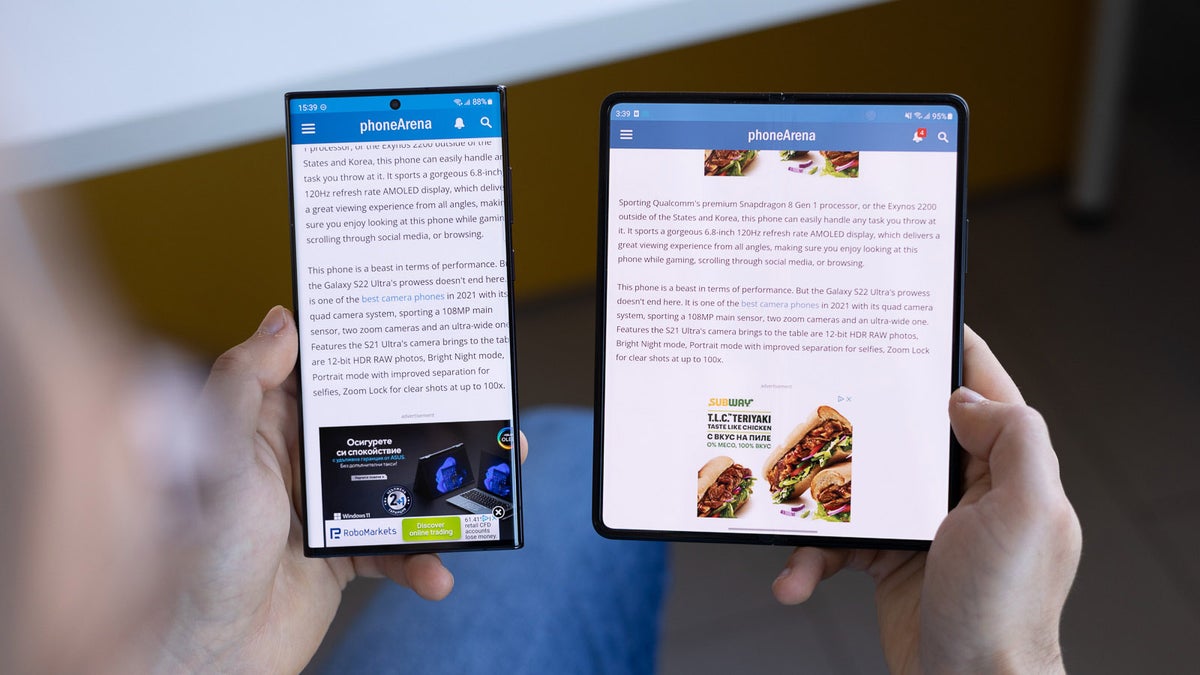Google fined $4 billion for imposing its Search app and Chrome browser on Android phones

Google has lost its appeal before the EU General Court which only diminished the European Commission's antitrust fine from €4.34 billion to €4.1 billion, reports Bloomberg. Unless it appeals before the high Court of Justice again, Google will have to pay $240 million less than the original fine as the Court didn't find sufficient evidence that it has been paying phone makers and carriers serious money to install Google Search on the Android phones in their portfolio.
What the Court did uphold, however, was that Google was guilty in the major count of blackmailing Android manufacturers into pre-installing its Chrome browser and integrating its search engine on a system level in order to allow access to its Play Store where all certified Android apps reside. According to the filing, Google also tried to prevent device makers from creating and spreading Android forks of their own.
For all of those infringements that contradict the European Commission's antitrust laws, Google was fined €4.34 billion four years ago and, while its appeal wasn't entirely fruitless, as it got the sum reduced somewhat, dragging this along with another procedural move before the High Court may not do anything to help Google wiggle out of payment.
"We are disappointed that the court did not annul the decision in full. Android has created more choice for everyone, not less, and supports thousands of successful businesses in Europe and around the world," Google commented in a press statement.
The European Union has some of the most stringent antitrust and tax evasion policies and their implementation by the European Commission has put many a Silicon Valley giant in hot waters recently. Apple, for instance, just finished paying off its $15 billion tax evasion fine this year which will sit in an escrow until the outcome of the lawsuit against it becomes clear.
Seeing how Google fared against Europe's antitrust regulators, it may now be acutely aware that it may ultimately have to pay, too, not to mention the European Commission's other pressures imposed against it, like the requirement for a common USB-C charging plug that may appear as soon as the iPhone 15. Apple already transitioned the AirPods Pro 2 case to the USB-C standard last week, just as rumored, and the next iPhone may have to follow suit.
Follow us on Google News












Things that are NOT allowed:
To help keep our community safe and free from spam, we apply temporary limits to newly created accounts: